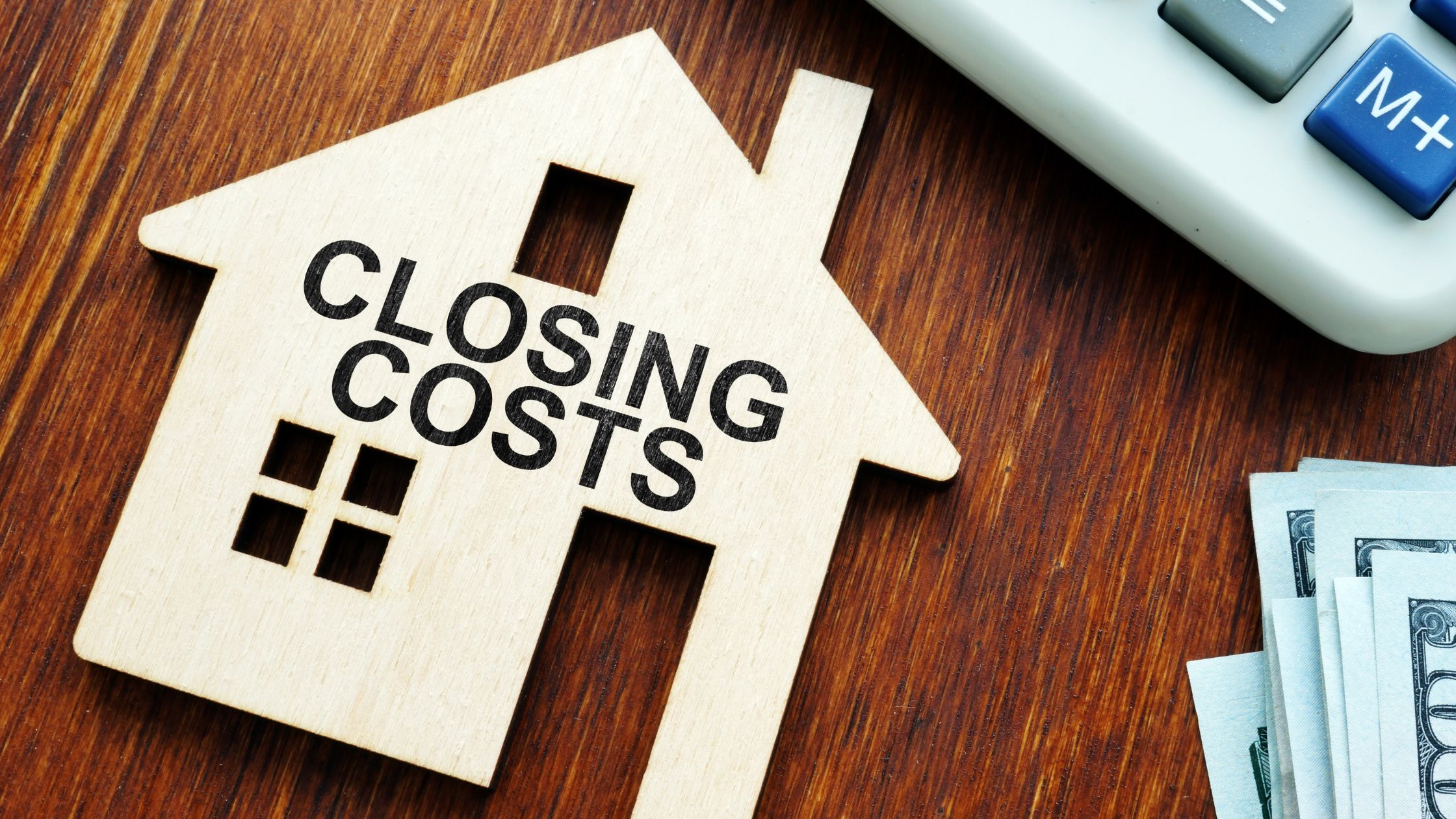Key Takeaways
-
Refinancing closing costs range from 2% to 5% of the loan amount, which can add up quickly.
-
Common closing costs include loan origination fees, appraisal fees, title insurance, and attorney fees.
-
To reduce refinancing costs, consider negotiating fees, rolling them into your loan, or opting for a no-closing-cost refinance.
-
Refinancing is worth it if the long-term savings exceed the upfront closing costs, especially if you plan to stay in your home.
Refinancing your mortgage can lower your interest rate, reduce monthly payments, or shorten your loan term. However, many homeowners overlook the closing costs involved. These fees can add up quickly and impact the overall savings from refinancing. Understanding these costs, knowing what to expect, and finding ways to minimize them can help you make the best financial decision.
What Are Closing Costs in a Refinance?
Closing costs are the fees you pay when finalizing a new mortgage. These expenses cover the lender’s services, third-party fees, and required legal or government charges. Unlike a home purchase, refinancing replaces your existing mortgage with a new one, but the closing costs are similar.
How Much Do Closing Costs Cost?
Closing costs typically range from 2% to 5% of the loan amount. For example, refinancing a $300,000 mortgage could cost between $6,000 and $15,000. While this may seem high, refinancing can still be worth it if the long-term savings exceed the upfront costs.
Breakdown of Common Closing Costs
Here’s a breakdown of the most common refinancing fees:
| Fees | What is it? | Cost |
| Loan Origination Fee | Covers lender processing costs | 0.5% to 1% of the loan amount. |
| Appraisal Fee | Determines your home’s market value | $300-$600 |
| Title Search & Title Insurance | Ensures a clear title and protects against claims | $500-$1,000 |
| Attorney Fees | Required in some states, this covers the cost of legal services provided by a lawyer to review and prepare loan documents | $500 and $1,500 |
| Prepaid Interest | Covers interest from closing to the first payment due date | Subject to vary |
| Recording Fees | Government fees to document the new mortgage | $100 to $250 |
| Mortgage Insurance | If refinancing above 80% LTV, private mortgage insurance (PMI) may be required. | Subject to vary |
How to Reduce Refinancing Closing Costs
Reducing closing costs can make refinancing more affordable. Consider these strategies:
- Work With a Mortgage Broker: At Loan Pronto we shop your mortgage for you. We compare estimates to find the best deal possible.
- Negotiate Fees: Some costs, like the loan origination fee, may be negotiable. Ask your lender for discounts.
- Roll Costs Into Your Loan: Some lenders allow you to finance closing costs into the loan amount, reducing upfront expenses.
- No-Closing-Cost Refinance: Some lenders waive closing costs in exchange for a slightly higher interest rate. This can be ideal if you plan to sell or refinance again soon.
Is Refinancing Worth the Closing Costs?
To determine if refinancing makes sense, calculate your break-even point—the time it takes for monthly savings to cover closing costs. If you plan to stay in your home long enough to recoup the costs, refinancing can be a smart move. However, if you’re planning to sell soon, the expenses might outweigh the benefits.
Bottom Line
Closing costs play a major role in the refinancing decision. By understanding these expenses and exploring ways to minimize them, you can make a well-informed choice. Always compare lenders, negotiate where possible, and consider different refinancing options to maximize your savings.
FAQ: Refinancing Closing Costs
No SSN required. Zero impact to credit. Your Information is never sold.



